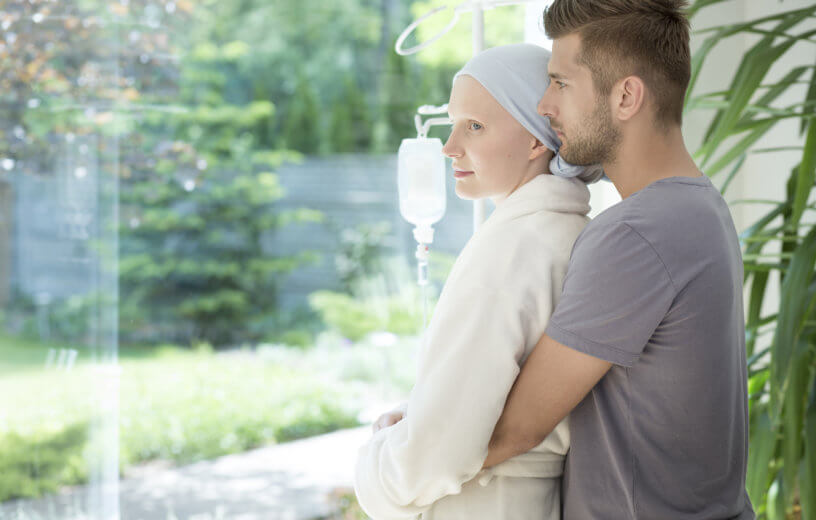TRONDHEIM, Norway — Cancer treatments can be rough on a patient’s body. These treatments are lifesaving for many people, but in some cases, they trigger heart damage after the fact. Currently, there is no effective way to prevent such heart complications following cancer treatment. However, new research out of Norway may soon change all that. Scientists from the Norwegian University of Science and Technology (NTNU) have discovered that a specific protein is capable of protecting against cancer treatment-inflicted heart damage.
“We’ve observed that the NOR-1 protein can provide broad protection against heart damage following cancer treatment,” says researcher Morten Høydal at NTNU’s Department of Circulation and Imaging in a university release.
One cancer treatment known to cause heart problems in some patients is the cytotoxic drug Doxorubicin, or DOX. The cytotoxin released by the drug to attack cancer cells can also attack healthy heart cells.
Notably, prior research has already shown that the NOR-1 protein (Neuron-derived orphan receptor 1) is quite effective at helping patients dealing with hypoxia, or an oxygen deficiency. Giving a hypoxia patient NOR-1 can help more of their cells survive.
Now, NOR-1 is actually a naturally occurring substance in humans. The body releases it whenever people exercise. Although previous studies show regular exercise does the heart a world of good, this research finds that directly applying NOR-1 can also reduce heart damage risk, at least within a laboratory setting.
Researchers employed various methods to test the protein’s effect on human cells in their lab.
“These experiments showed that fewer cells died and instead stayed healthy,” Høydal adds.
Study authors conclude that NOR-1 can protect against some of the harm inflicted by DOX on healthy heart cells. They add that more research is necessary to confirm these findings, but these lab-derived findings are a promising start.
“Our findings show that NOR-1 can protect the heart after this type of cancer treatment,” Høydal concludes.
The study is published in the journal Biomedicines.
